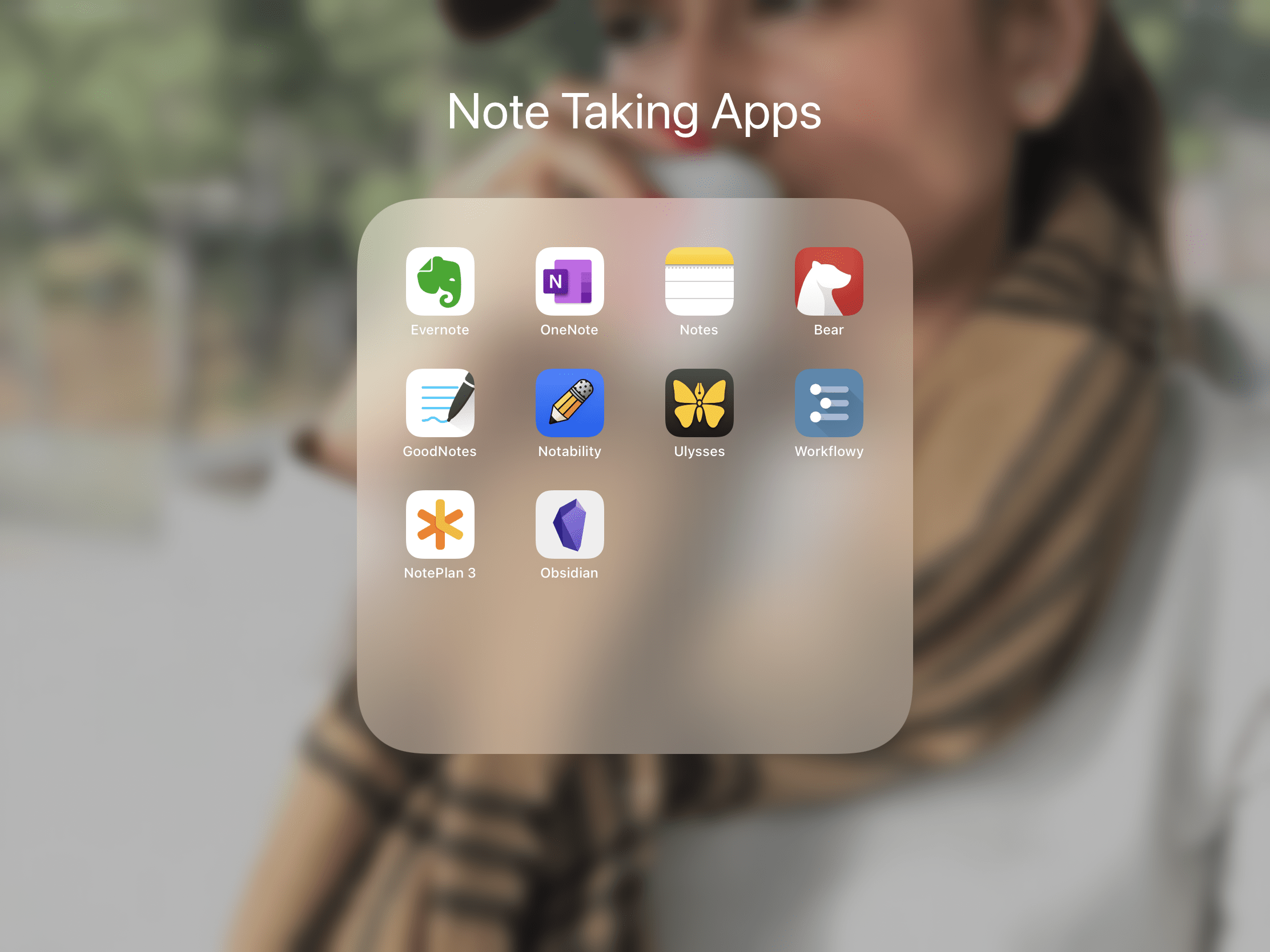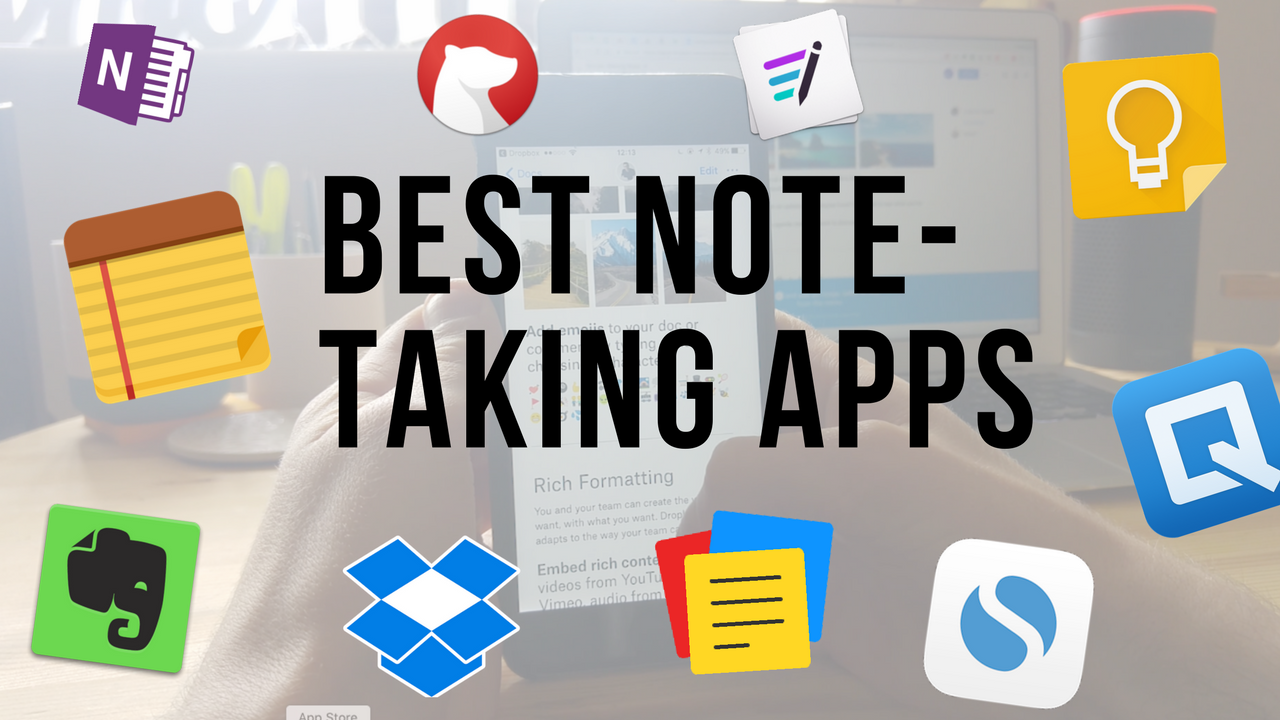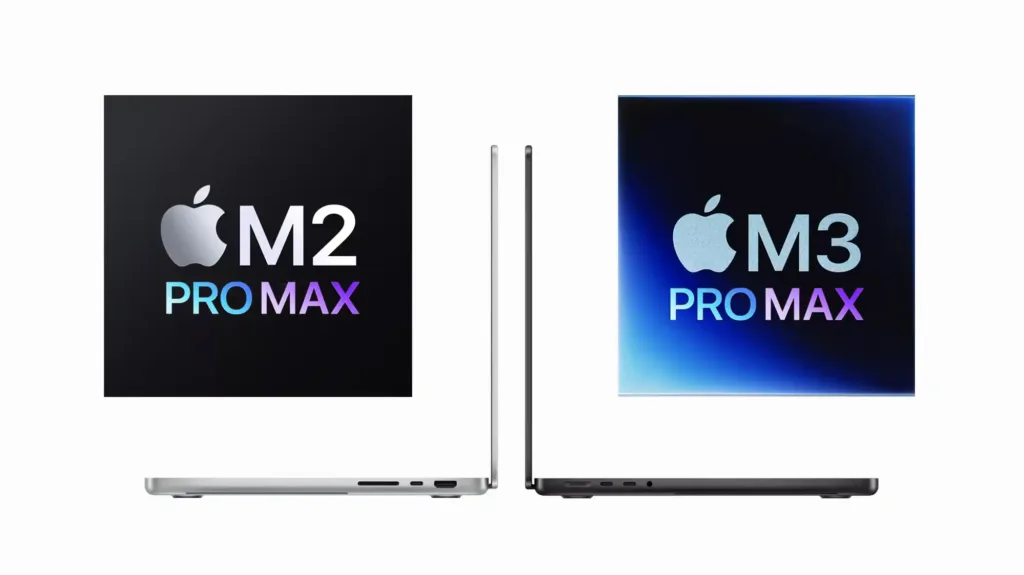
Introduction
In the digital age, note-taking has become an essential skill. Whether you’re a student, professional, or creative individual, having the right note-taking app can boost your productivity and help you stay organized. With so many options available, choosing the best note-taking app can be overwhelming. Fear not! This comprehensive guide will delve into the features, advantages, and drawbacks of the most popular note-taking apps, empowering you to make an informed decision.
Best Note-Taking Apps

The note-taking app market is vast and ever-evolving. Here are some of the most popular and highly-rated note-taking apps that cater to different needs and preferences:
Evernote:
A long-standing favorite, Evernote offers a comprehensive suite of features for note-taking, task management, and collaboration. With its powerful search capabilities, offline access, and cross-platform compatibility, Evernote is a reliable choice for busy professionals and students alike.
Notion:
Known for its flexibility and customization options, Notion is a versatile note-taking app that allows you to create structured notes, databases, and wikis. The seamless integration of various content types makes Notion ideal for project management, team collaboration, and personal knowledge management.
Rome Research:
Designed for deep thinking and knowledge exploration, Rome Research provides a unique note-taking experience centered around interconnected ideas and concepts. Its intuitive interface, visual mapping capabilities, and AI-powered insights help you uncover new perspectives and forge deeper connections between your notes.
Obsidian:
Obsidian is a markdown-based note-taking app that emphasizes privacy, customization, and interlinking notes. Its graph view allows you to visualize the relationships between your notes, making it a powerful tool for researchers, writers, and anyone looking to organize their thoughts and ideas in a structured manner.
OneNote:
Microsoft’s OneNote is a popular choice among students and professionals who value simplicity and ease of use. With its intuitive interface, built-in templates, and integration with other Microsoft apps, OneNote makes it easy to take notes, organize them into notebooks, and collaborate with others.
Apple Notes:
Pre-installed on all Apple devices, Apple Notes offers a clean and user-friendly interface, making it a convenient option for Apple users. Its integration with other Apple services, such as iCloud, Siri, and Handoff, provides a seamless note-taking experience across your Apple devices.
Comparison of Features

To help you make an informed decision, here’s a detailed comparison of the key features offered by the top note-taking apps:
Note Organization
Evernote:
Evernote allows you to organize notes into notebooks, stacks, and tags.
Notion:
Notion offers a flexible approach to note organization, enabling you to create pages, subpages, and databases.
Rome Research:
Rome Research organizes notes into interconnected maps, allowing you to visualize relationships between ideas.
Obsidian:
Obsidian’s file-based system allows you to create folders and link notes together.
OneNote:
OneNote organizes notes into notebooks, sections, and pages.
Apple Notes:
Apple Notes lets you organize notes into folders and subfolders.
Task Management
Evernote:
Evernote includes basic task management features, such as creating and checking off tasks.
Notion:
Notion offers robust task management capabilities, including setting due dates, assigning tasks, and tracking progress.
Rome Research:
Rome Research does not have built-in task management features.
Obsidian:
Obsidian does not have built-in task management features.
OneNote:
OneNote provides basic task management features, such as creating and checking off tasks.
Apple Notes:
Apple Notes does not have built-in task management features.
Collaboration
Evernote:
Evernote allows multiple users to collaborate on notes and notebooks.
Notion:
Notion offers extensive collaboration features, including real-time editing, commenting, and permissions management.
Rome Research:
Rome Research does not have built-in collaboration features.- Obsidian:
Obsidian supports real-time collaboration through third-party plugins.
OneNote:
OneNote enables collaboration on notes and notebooks with other Microsoft 365 users.- Apple Notes:
Apple Notes allows collaboration on notes with other Apple users.
Offline Access
- Evernote:
Evernote provides offline access to notes, even without an internet connection.
Notion:
Notion offers offline access to notes, but some features may require an internet connection.
Rome Research:
Rome Research does not provide offline access to notes.- Obsidian:
Obsidian provides offline access to notes, as it is a file-based note-taking app. - OneNote:
OneNote offers offline access to notes, allowing you to work on them even when offline. - Apple Notes:
Apple Notes provides offline access to notes on Apple devices.
Cross-Platform Compatibility
- Evernote:
Evernote is available for Windows, macOS, Linux, iOS, Android, and web. - Notion:
Notion is available for Windows, macOS, iOS, Android, and web. - Rome Research:
Rome Research is available for Windows, macOS, iOS, Android, and web. - Obsidian:
Obsidian is available for Windows, macOS, Linux, iOS, Android, and web. - OneNote:
OneNote is available for Windows, macOS, iOS, Android, and web. - Apple Notes:
Apple Notes is available exclusively for Apple devices.
Advanced Features
In addition to the core features, these note-taking apps offer various advanced features to enhance your note-taking experience:
Evernote:
Evernote features OCR (optical character recognition) capabilities, allowing you to extract text from images and PDFs.- Notion:
Notion offers database capabilities, enabling you to create and manage structured data.
Rome Research:
Rome Research’s unique visual mapping feature helps you visualize connections between ideas and concepts.
Obsidian:
Obsidian supports plugins, allowing you to extend its functionality with additional features and integrations.
OneNote:
OneNote includes handwriting recognition and math equation support, making it ideal for note-taking in math and science classes.
Apple Notes:
Apple Notes offers sketch and drawing capabilities, allowing you to add visual elements to your notes.
User Interface
The user interface (UI) of a note-taking app plays a significant role in your overall experience. Here’s a brief overview of the UI of each app:
Evernote:
Evernote features a clean and intuitive interface with a traditional notebook-like layout.
Notion:
Notion’s interface is highly customizable, allowing you to create a workspace that suits your needs and preferences.
Rome Research:
Rome Research has a unique and visually appealing interface that emphasizes the interconnectedness of ideas.
Obsidian:
Obsidian’s minimalist interface focuses on distraction-free writing and note-linking.
OneNote:
OneNote’s user-friendly interface is designed to make note-taking and organization as simple as possible.
Apple Notes:
Apple Notes offers a clean and streamlined interface that is consistent with other Apple apps.
Usability
Learning a new note-taking app can be a daunting task. Here’s an assessment of the usability of each app:
Evernote:
Evernote is generally easy to learn and use, with a straightforward interface and intuitive features.
Notion:
Notion has a steeper learning curve due to its extensive features and customization options. However, its user-friendly interface and comprehensive documentation make it accessible to new users.
Rome Research:
Rome Research’s unique interface and visual mapping feature may take some time to get used to, but its intuitive design makes it relatively easy to learn.
Obsidian:
Obsidian’s markdown-based approach may be unfamiliar to those who are not familiar with markdown. However, its simple interface and extensive community support make it approachable for new users.
OneNote:
OneNote is known for its simplicity and ease of use. Its intuitive interface and built-in templates make it an excellent option for beginners.
Apple Notes:
Apple Notes is designed to be user-friendly and accessible to all Apple users. Its clean interface and familiar features make it easy to get started.
Aesthetics
Visual appeal and aesthetics can significantly impact your note-taking experience. Here’s how each app fares in terms of aesthetics:
Evernote:
Evernote offers a clean and professional look with customizable themes and backgrounds.
Notion:
Notion allows you to customize the appearance of your workspace with various themes, colors, and fonts.
Rome Research:
Rome Research features a visually stunning interface with vibrant colors and a modern design.
Obsidian:
Obsidian’s minimalist design emphasizes distraction-free writing and focuses on the content rather than the aesthetics.
OneNote:
OneNote’s simple and straightforward interface is designed for functionality and ease of use.
Apple Notes:
Apple Notes features a clean and modern design that complements other Apple apps.
Integrations
The ability to integrate with other apps and services can enhance your productivity and workflow. Here’s a look at the integration capabilities of each app:
Evernote:
Evernote integrates with various productivity apps, including Google Drive, Slack, Microsoft Teams, and Salesforce.
Notion:
Notion offers extensive integration options, including Google Drive, Dropbox, Figma, and Zapier, allowing you to connect it with a wide range of apps and services.
Rome Research:
Rome Research currently has limited integration options. However, it offers an API that allows developers to build custom integrations.
Obsidian:
Obsidian supports integration with third-party apps and services through plugins.
OneNote:
OneNote integrates seamlessly with other Microsoft 365 apps, such as Word, Excel, and PowerPoint.
Apple Notes:
Apple Notes is deeply integrated with other Apple apps and services, such as Reminders, Calendar, and Mail.
System Requirements
Before you download and install a note-taking app, it’s essential to ensure that your system meets the minimum requirements:
Evernote:
Windows 7 or later, macOS 10.12 or later, iOS 12 or later, Android 5.0 or later
Notion:
Windows 7 or later, macOS 10.12 or later, iOS 12 or later, Android 7.0 or later
Rome Research:
Windows 10 or later, macOS 10.15 or later, iOS 13 or later, Android 8.0 or later
Obsidian:
Windows 7 or later, macOS 10.12 or later, iOS 12 or later, Android 5.0 or later
OneNote:
Windows 7 or later, macOS 10.12 or later, iOS 12 or later, Android 5.0 or later
Apple Notes:
iOS 12 or later, iPadOS 13 or later, macOS 10.15 or later
Pricing
The pricing models of note-taking apps can vary depending on the features and functionality offered:
Evernote:
Evernote offers a free plan with limited features and storage. Premium plans start at $7.99 per month or $69.99 per year.
Notion:
Notion offers a free plan with limited features and blocks. Personal Pro plans start at $4 per month or $48 per year. Team plans start at $8 per user per month or $96 per user per year.
Rome Research:
Rome Research offers a free plan with limited features and notes. Personal Pro plans start at $19 per month or $170 per year. Team plans start at $39 per user per month or $350 per user per year.
Obsidian:
Obsidian is a one-time purchase app. Licenses start at $25 for a single user.
OneNote:
OneNote is free to use with a Microsoft account.
Apple Notes:
Apple Notes is free to use with an Apple ID.
Free Trial
Trying out a note-taking app before committing to a paid subscription is a great way to ensure that it suits your needs and workflow:
Evernote:
Evernote offers a 30-day free trial of its Premium plan.
Notion:
Notion offers a 30-day free trial of its Personal Pro and Team plans.
Rome Research:
Rome Research offers a 14-day free trial of its Personal Pro and Team plans.
Obsidian:
Obsidian does not offer a free trial. However, it has a generous refund policy.
OneNote:
OneNote is free to use.
Apple Notes:
Apple Notes is free to use.
Customer Support
Excellent customer support can make a big difference in your overall experience with a note-taking app:
Evernote:
Evernote offers email and chat support to its Premium plan subscribers.
Notion:
Notion offers email and chat support to its Personal Pro and Team plan subscribers.
Rome Research:
Rome Research offers email and chat support to its Personal Pro and Team plan subscribers.
Obsidian:
Obsidian offers email support and a vibrant community forum.
OneNote:
OneNote offers email and chat support to its Microsoft 365 subscribers.
Apple Notes:
Apple Notes offers email and chat support to its AppleCare+ subscribers.
User Reviews and Ratings
User reviews and ratings can provide valuable insights into the strengths and weaknesses of a note-taking app:
Evernote:
Evernote has received generally positive reviews from users, with an average rating of 4.2 out of 5 stars on the App Store and 4.5 out of 5 stars on Google Play.
Notion:
Notion has also received positive reviews, with an average rating of 4.7 out of 5 stars on the App Store and 4.6 out of 5 stars on Google Play.
Rome Research:
Rome Research has received mixed reviews, with some users praising its unique features and others finding it too complex. It has an average rating of 3.8 out of 5 stars on the App Store and 4.1 out of 5 stars on Google Play.
Obsidian:
Obsidian has received mostly positive reviews from users, with an average rating of 4.3 out of 5 stars on the App Store and 4.5 out of 5 stars on Google Play.
OneNote:
OneNote has received generally positive reviews, with an average rating of 4.2 out of 5 stars on the App Store and 4.4 out of 5 stars on Google Play.
Apple Notes:
Apple Notes has received mixed reviews, with some users praising its simplicity and others finding it lacking in features. It has an average rating of 3.9 out of 5 stars on the App Store.
Conclusion
Choosing the best note-taking app ultimately depends on your individual needs and preferences. Consider factors such as features, usability, aesthetics, integrations, and pricing when making your decision. Conduct thorough research, read user reviews, and take advantage of free trials to find the app that works best for you.
Recommendations
To help you further narrow down your choices, here are some specific recommendations:
Evernote:
For users who prioritize a well-established app with a comprehensive set of features and a reliable user base.
Notion:
For users who prefer a highly customizable and flexible app that allows for advanced organization and collaboration.
Rome Research:
For users who are interested in a visually appealing app that encourages self-discovery and learning.
Obsidian:
For users who value distraction-free writing, markdown support, and the ability to connect ideas through backlinks.
OneNote:
For users who seek a simple, easy-to-use app that integrates seamlessly with other Microsoft 365 apps.
Apple Notes:
For Apple users who want a note-taking app that is tightly integrated with other Apple devices and services.
Remember, the best note-taking app is the one that suits your unique needs and helps you achieve your productivity goals. Take your time in evaluating different options and choose the app that resonates with your workflow and preferences.
FAQs
Which note-taking app is the most popular?
- Evernote and Notion are the most popular note-taking apps among users.
Which note-taking app is the best for students?
- The best note-taking app for students depends on their specific needs and preferences. However, Evernote, Notion, and OneNote are popular choices among students.
Which note-taking app is the best for business professionals?
- Evernote and Notion are excellent options for business professionals who require a comprehensive set of features and the ability to collaborate with colleagues.
Which note-taking app is the best for writers?
- Obsidian is a popular choice among writers who prefer a distraction-free writing environment and the ability to connect ideas through backlinks.
Which note-taking app is the best for artists and designers?
- Rome Research is a visually appealing app that allows users to embed images, videos, and other multimedia content. It is a good choice for artists and designers.
Which note-taking app is the best for free?
- OneNote and Apple Notes are free to use and offer a wide range of features.

